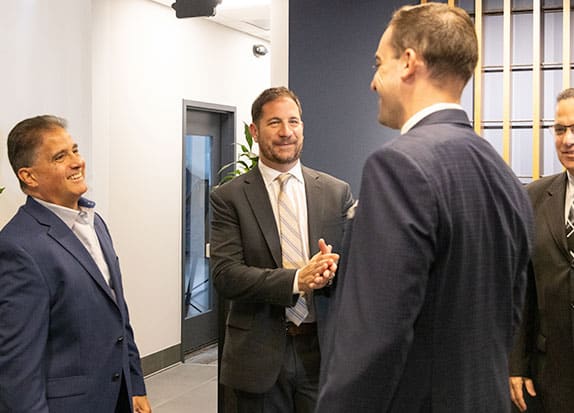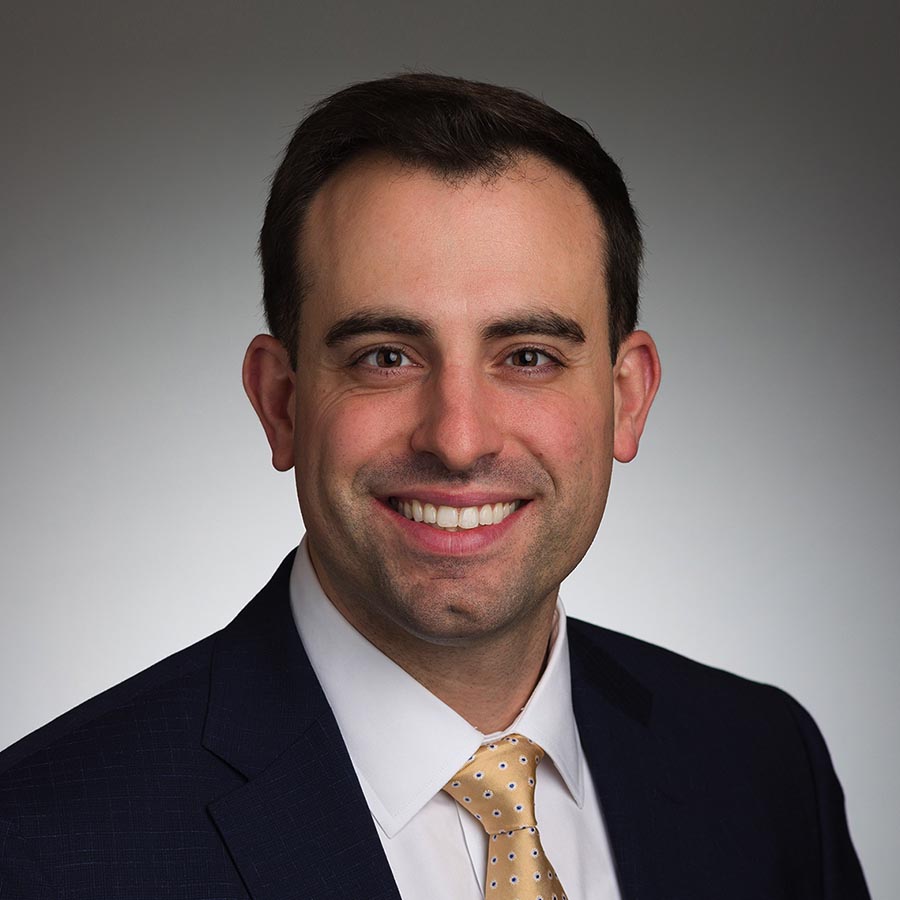Technology

YOUR CUTTING-EDGE EXPERTS.
The technology and life sciences sectors are experiencing tremendous growth and innovation driven by factors such as digital transformation, cloud computing, artificial intelligence, biotechnology, and health care. At Smolin, we understand the unique needs and issues facing these dynamic and innovative sectors. We offer tailored solutions and guidance to help navigate the risks and uncertainties of the rapidly changing market.

We Can Help You With:
- Staying current on the main trends and opportunities
- Identifying and mitigating key challenges and risks
- Adopting best practices and strategies
- Providing comprehensive and customized solutions

the smolin approach.
The technology and life sciences sectors are vibrant and promising yet complex and challenging. Smolin serves these sectors with a deep comprehension and specialized knowledge, offering perspectives on:
- Emerging technologies and platforms such as blockchain, IoT, 5G, and quantum computing
- Strategies for leveraging digital transformation, cloud computing, and artificial intelligence
MEET OUR TECHNOLOGY EXPERTS.
Leverage Our Expertise
Partner with Smolin to capitalize on our extensive knowledge and experience in the technology and life sciences sectors. Our customized solutions and dedicated guidance are designed to provide value and achieve tangible results for our clients.


















